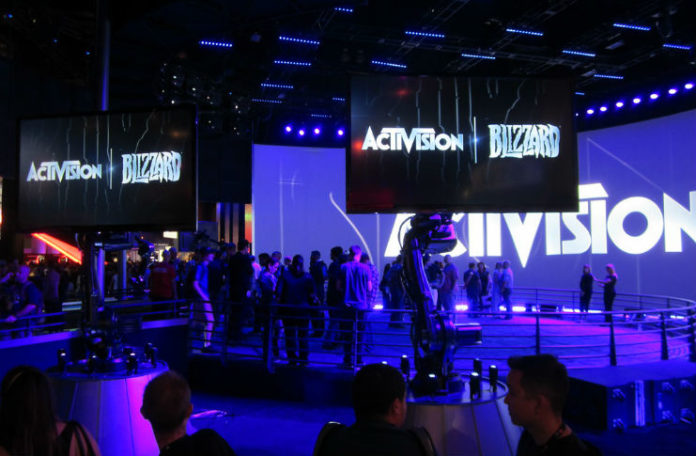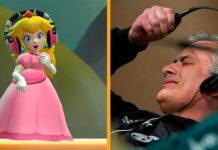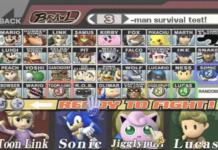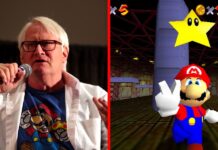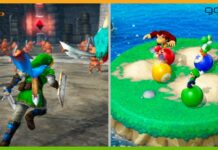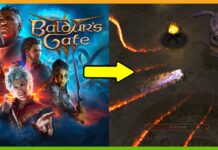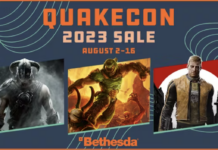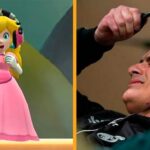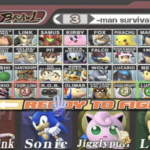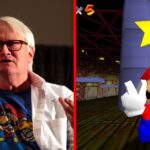Just how much do we value liberty?
In the span of one week that question has been put to the test. First on October 4th, when Daryl Morey, the general manager of the NBA’s Houston Rockets tweeted an image that read: “Fight for freedom, stand with Hong Kong” and again with Activision Blizzard on October 5th, when Blizzard banned Ng “Blitzchung” Wai Chung for voicing support for the Hong Kong protesters during a post-match interview.
These incidents have sparked a massive uproar and it’s important for this issue to not be like so many other trending topics in the news cycle, where they are sensationalized and then washed away before anything can be done; for this is an issue that directly targets foundational values such as freedom of speech, and how our own institutions won’t uphold them.
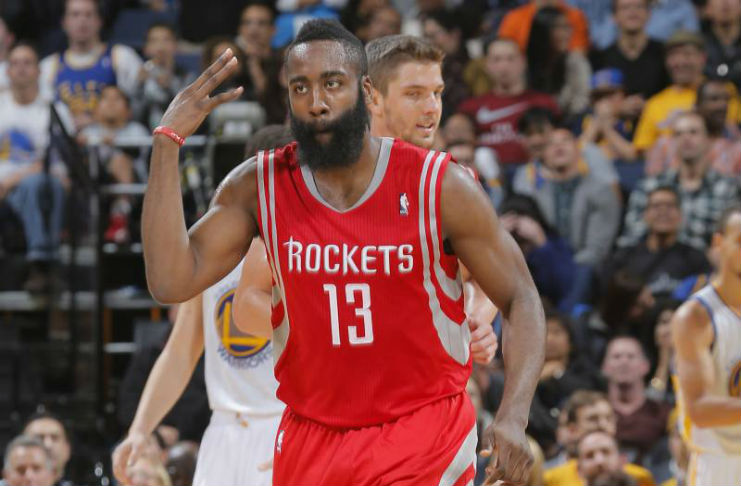
The controversy surrounding Daryl Morey’s tweet has been perplexing. Houston Rockets owner Tilman Fertitta was quick to separate Morey’s comments from the broader image of the Rockets organization in an attempt to defuse any tension with China. This had no effect, as the Chinese Basketball Association (CBA) announced that they would cease operations with the Rockets, and several sports channels in China said they would no longer air or stream any Rockets’ games.
China accounts for 10% of the NBA’s revenue, with that number expected to double by 2030. So naturally, they came out with a textbook PR response to save that sweet cash flow, recognizing that Morey’s tweet “deeply offended our friends and fans in China, which is regrettable.” This response drew considerable backlash from U.S. politicians and the general public, viewing the NBA’s non-stance as having betrayed principles for profit. Commissioner Adam Silver followed up with a statement emphasizing, “the NBA will not put itself in a position of regulating what players, employees and team owners say or will not say.”
One could praise Silver for standing up for principles at this point, but is it even worth it? Chinese businesses suspended their ties with the Houston Rockets and were planning to further damage the NBA’s business in China over a message posted on a website that is banned in their country. Even still, the NBA initially moved in a way to save face in China rather than recognizing how fundamentally opposed these actions are to our most cherished values. What if someone had voiced this same opinion in an open medium within China?
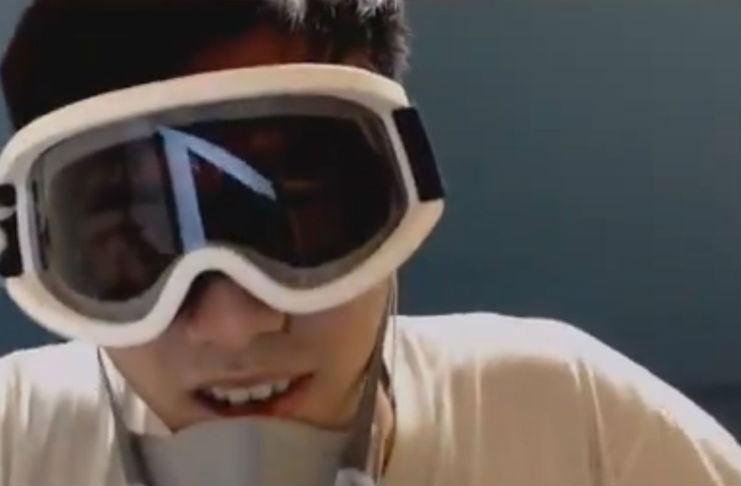
Which brings us to the Blizzard incident. On October 5th, Hearthstone player Blitzchung yelled ““Liberate Hong Kong. Revolution of our age!” in a post-match interview. Blizzard banned Blitzchung for a year from competing in the Grandmasters league, took away his acquired prize money, and also banned the two casters who were involved in the interview.
Athletes and competitors have often used their moments on the big stage to make political statements whether people like it or not. The obvious example would be Colin Kaepernick kneeling during the national anthem at NFL games to protest racial injustice.

Opponents of this display argue that the act is disrespectfully missing the mark, or that politics have no place during a game. But the world doesn’t stop spinning at kick-off, and just because someone might feel that a sporting event isn’t the place for that kind of political statement, another person might feel like they have to use their position to shine a light on a glaring issue; and it’s the importance of freedom of speech that they be able to express themselves, however uncomfortable it may be.
Brian Kibler, a Hearthstone caster, released a statement that captures a lot of the mixed feelings people have about the situation. Respect is given to Blitzchung for standing up for what he believes in, while also understanding that his actions go against Blizzard’s code of conduct, and that freedom of speech does not equal freedom of consequences. Moreso, Kibler accurately describes just how uneasy all of us feel in regards to Blizzard’s incredibly harsh punishment; as Kibler puts it, “The heavy-handedness of it feels like someone insisted that Blizzard make an example of Blitzchung”

And that’s the most unsettling part of these incidents—the NBA’s knee-jerk reaction to separate itself from Daryl Morey, Blizzard’s harsh crackdown on Blitzchung, Apple removing all major VPN apps from the App Store, and various airlines removing Taiwan as a country on their website—is that there is a series of actions, ranging from mundane to jarringly punitive, that feel heavily enforced by an outside source. Unlike the situation with Colin Kaepernick, these situations involve powerful external influences that do not support values of liberty in the same way…nor do they even have to.
There has been significant backlash towards Blizzard since October 5th, including employee walk-outs and players cancelling their World of Warcraft subscriptions, and this is all positive movement. It is imperative to not let this fade into the background like so many other hot-button issues. In today’s news cycles where we’re fed a smorgasbord of deadly shootings, outlandish Presidential tweets and celebrity gossip, it can be easy for everything to blend together and be shat away as quickly as it was shoved down our throats. But the idea that a company can even entertain the notion that their business dealings are more important than somebody expressing their truth cannot be swept under the rug.
There is no secret when it comes to the situation in Hong Kong, most people in North America are woefully uninformed and also biased in the information they do receive. But regardless of one’s stance on the issue, it is non-negotiable that people be able to speak freely about it. There is no putting a price on freedom of speech, and it’s time to stand up to those who think you can.


